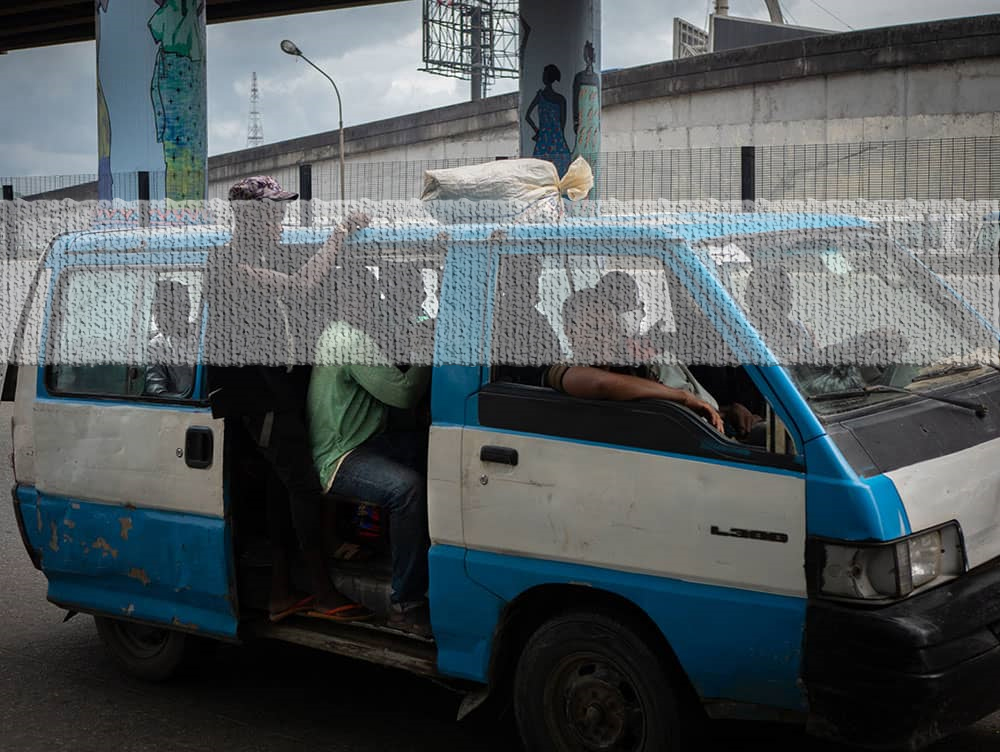Commercial drivers in Rivers State have once again raised concerns over alleged extortion by task force agents claiming to represent Obio/Akpor stakeholders. Speaking to our reporters, some affected drivers described the situation as an unnecessary financial burden, accusing the agents of imposing multiple levies without justification.
The drivers noted that the previous administration had banned all stickers and introduced a single unified ticket for commercial vehicles. They are now appealing to the Rivers State Governor for intervention, stating that it is unfair to be required to pay for both an Obio/Akpor ticket and an additional Obio/Akpor sticker.

One of the affected drivers, Mr. Victor Onwukwe, recounted his ordeal with task force agents at Rumuola. He explained that despite presenting all required tickets, including the mandatory Obio/Akpor ticket, the agents refused to release his vehicle, insisting that he must also purchase an Obio/Akpor sticker. He further revealed that commercial drivers already pay for drivers’ welfare stickers and Obio/Akpor tickets, making the additional sticker demand unnecessary. Lamenting the financial strain, Onwukwe stated that excessive levies often leave drivers with little or no earnings at the end of the day.
Chairman of the Drivers Welfare Club of Nigeria, Rivers State Christopher Ezeali, questioned whether the Obio/Akpor Local Government task force had assumed the role of the Ministry of Transportation. He recalled that on January 6, the union raised an alarm over the reintroduction and enforcement of Obio/Akpor emblems for commercial drivers. Despite this, task force agents proceeded to impound members’ vehicles at the local government secretariat.
Ezeali further expressed concerns that Rumuola and Rumuokoro have become hostile areas for commercial drivers, even after they have paid the required daily tolls. He, therefore, appealed to the Rivers State Governor to intervene and ensure the unconditional release of the impounded vehicles while addressing what he described as multiple taxation imposed on commercial drivers.

























